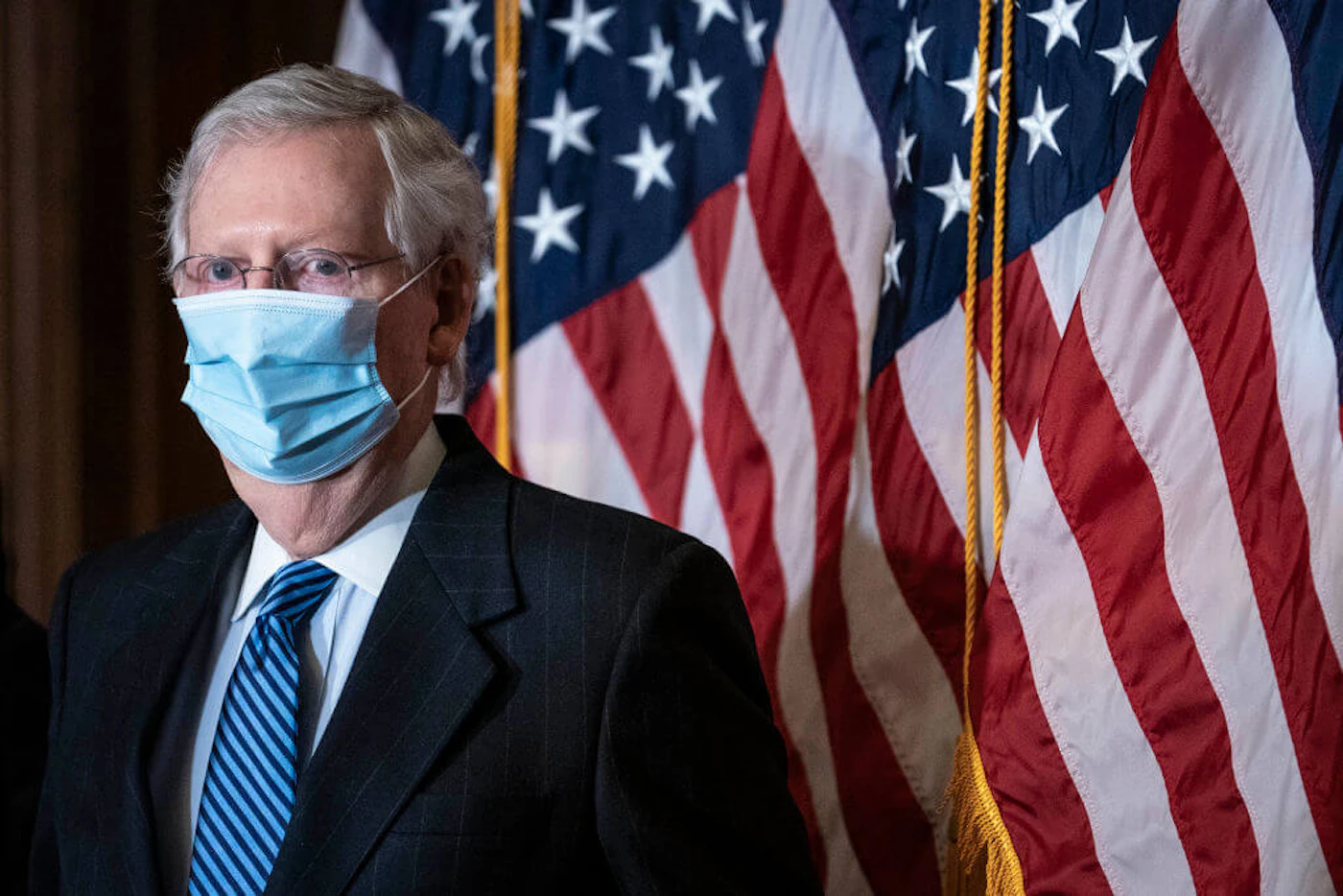It’s been over 200 days since Democrats passed an extension of federal unemployment benefits and additional $1,200 stimulus checks.
As the holiday season approaches, the coronavirus pandemic is reaching its most dangerous point yet, with thousands of Americans dying each day and millions facing economic catastrophe. Set against that grim backdrop, lawmakers are trying to reach an agreement on a coronavirus relief bill, but Senate Republicans are once again obstructing the process and blocking desperately-needed relief for struggling Americans.
With time running out, we decided to take a by-the-numbers look at how negotiations have gone off the rails and what’s at stake unless lawmakers can reach an agreement.
It Has Been:
213 days since House Democrats passed the HEROES Act, which would have provided a second round of $1,200 stimulus checks to most Americans, extended the $600-a-week federal unemployment benefit—which expired at the end of July—through the end of the year, and provided financial assistance to struggling homeowners and renters.
136 days since the federal $600 weekly unemployment benefit, which provided a lifeline for millions of Americans, expired, leaving them struggling to get by.
123 days since Sen. Majority Leader Mitch McConnell (R-Kentucky) adjourned the Senate for its August recess without passing any stimulus legislation.
95 days since Senate Republicans failed to pass their own coronavirus relief bill, which did not include a second $1,200 direct payment and only provided $300 a week in federal unemployment benefits.
74 days since House Democrats passed an updated version of the Heroes Act on September 10.
49 days since the Senate GOP confirmed Judge Amy Coney Barrett to the Supreme Court instead of providing any help for Americans.
It is:
12 days until the Pandemic Unemployment Assistance Program, which allows gig workers, freelancers, and other self-employed workers to receive state unemployment benefits, expires. And Pandemic Emergency Unemployment Compensation, which extended unemployment eligibility for an extra 13 weeks past a state’s normal limit, expires the same day. More than 14 million Americans were enrolled in these two programs as of mid-November, according to Department of Labor data.
17 days until the federal government’s eviction moratorium expires. An estimated 6.7 million renter households will be at risk of eviction when the moratorium expires, according to the National Low Income Housing Coalition.
17 days until the CARES Act provision requiring certain employers to provide two weeks of paid leave to workers sick with COVID-19, quarantining, or providing care for a loved one expires. The measure also funded 10 weeks of partially paid child care leave. An estimate from liberal Center for American Progress projects that more than 60 million workers will lose these paid leave protections when they expire on Dec. 31.
It’s not all bad news: The first medical workers are being vaccinated today and Dr. Anthony Fauci predicted Monday that Americans without underlying medical conditions would begin to get vaccinated at the end of March or early April. But there’s a long time between now and then, and unless Congress acts in the coming days, one thing is clear: tens of millions of Americans will suffer unnecessarily.




